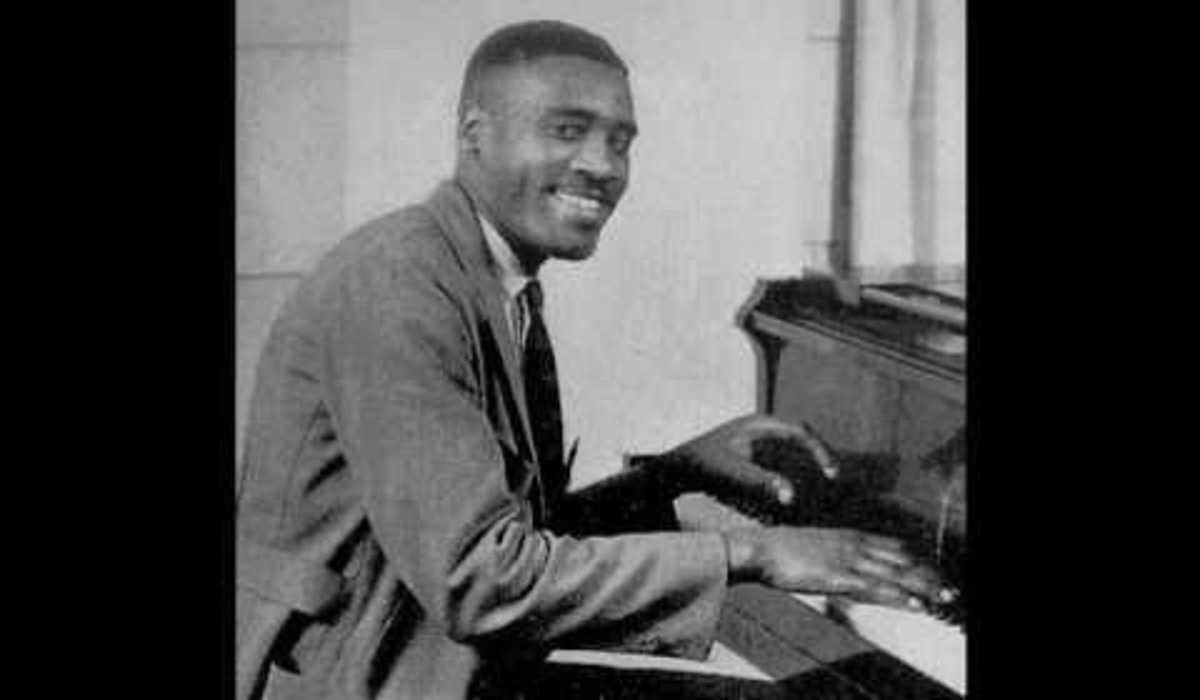Leroy Carr was a pioneering blues musician whose smooth vocals and masterful piano playing helped shape the urban blues style of the 1920s and 1930s. Alongside his longtime collaborator, guitarist Scrapper Blackwell, Carr recorded numerous influential tracks that have stood the test of time. His music deeply influenced later blues and rock musicians, including Muddy Waters, Ray Charles, and Eric Clapton. Here are five of his greatest songs that showcase his immense talent and enduring legacy.
1. How Long, How Long Blues (1928)
Arguably Carr’s most famous song, How Long, How Long Blues became a blues standard and one of the defining songs of the genre. With its melancholic lyrics and Carr’s smooth, emotive singing, the song captures the heartache and longing that are hallmarks of the blues. Scrapper Blackwell’s intricate guitar work complements Carr’s rolling piano, creating a sound that influenced countless blues and jazz musicians.
2. Blues Before Sunrise (1934)
This song is a perfect example of Carr’s ability to blend deep emotion with technical brilliance. Blues Before Sunrise is a slow, heartfelt lament about lost love, featuring Carr’s expressive piano playing and soulful vocals. The song’s rich melody and poetic lyrics made it a favorite among blues aficionados and helped cement Carr’s reputation as one of the finest blues songwriters of his time.
3. When the Sun Goes Down (1935)
A beautifully haunting track, When the Sun Goes Down showcases Carr’s storytelling ability. The lyrics paint a vivid picture of loneliness and longing, themes that resonate deeply in the blues tradition. The song’s smooth piano lines and Blackwell’s subtle guitar accompaniment create a laid-back yet emotionally powerful listening experience.
4. Mean Mistreater Mama (1934)
This track highlights Carr’s skill in delivering witty, yet poignant, blues narratives. Mean Mistreater Mama is a song about heartache and betrayal, featuring a lively rhythm and engaging interplay between Carr’s piano and Blackwell’s guitar. The song’s energy and lyrical sharpness make it one of Carr’s standout recordings.
5. Prison Bound Blues (1928)
With its sorrowful lyrics and slow, deliberate tempo, Prison Bound Blues is one of Carr’s most emotionally gripping songs. The song tells the tale of a man resigned to his fate, reflecting the deep despair and resignation that are central themes in blues music. Carr’s vocal delivery, combined with the haunting instrumentation, makes this song a powerful and unforgettable piece in his catalog.
Conclusion
Leroy Carr’s music remains an essential part of blues history, influencing generations of musicians and setting the stage for the electric blues era. His smooth, sophisticated style, combined with poetic storytelling, helped elevate the blues to new artistic heights. These five songs represent some of his best work and serve as a testament to his genius as a songwriter and performer. Whether you’re a longtime blues fan or new to his music, exploring Leroy Carr’s recordings is a journey well worth taking.


Comments are closed